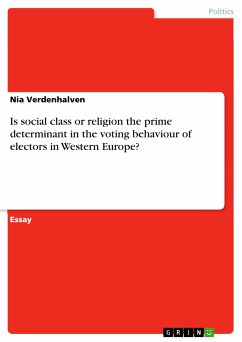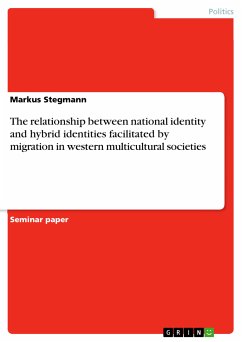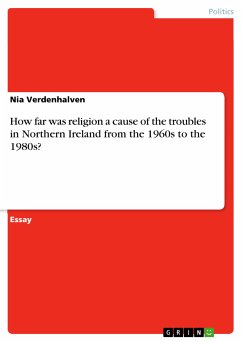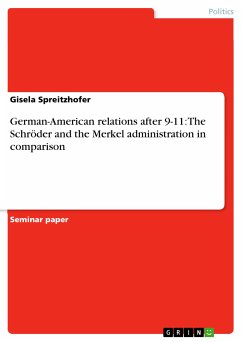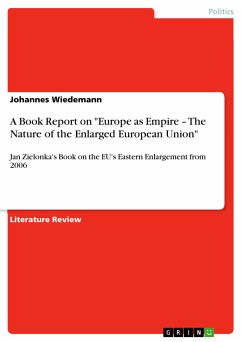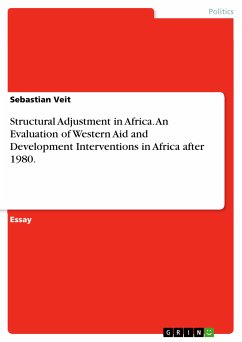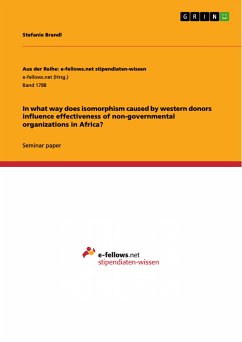Essay from the year 2007 in the subject Politics - Region: Western Europe, grade: A/1.0/1st mark, University of London, language: English, abstract: Conventionally, social cleavages have been widely accepted as the prime determinant in the voting behaviour of electors in the western world. In largely religious countries Christianity was seen as main factor of people’s voting pattern, whereas in secular western countries social class was regarded as the strongest influence. However, in recent decades the prediction of electoral behaviour has become more and more problematic, as religious faith has declined and the traditional contrast of social classes began to be more difficult to distinguish. This essay will examine the impact of religion and social class as well as the increasing influx of ultra-right parties and influence of the growing number of ethnic minorities on voting behaviour in Germany and France, and will attempt to demonstrate that despite the former importance of religion and the changes of society during the post-war period, the fundamental influence on voting behaviour is social class in both countries.
Bitte wählen Sie Ihr Anliegen aus.
Rechnungen
Retourenschein anfordern
Bestellstatus
Storno

